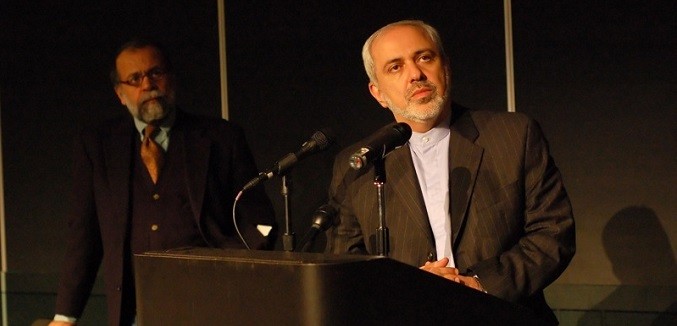A new report published on Monday by top figures at the U.S.-based Institute for Science and International Security (ISIS) sought to clarify what has emerged as a growing debate about the degree to which Iran will be forced to live up to its obligation to disclose so-called “possible military dimensions” (PMD) of its atomic program in the context of any agreement between Tehran and the P5+1 global powers. David Albright and Serena Kelleher-Vergantini – respectively the president and a research analyst at ISIS – were blunt in their analysis.
A deal that does not include Iran addressing the IAEA’s concerns about the past and possibly on-going military dimensions of its nuclear program would undermine the verifiability of the deal, and thus the credibility of a comprehensive deal, in addition to the credibility of the Obama administration. If Iran does not fully comply with its obligations under the Joint Plan of Action and its November 2013 Framework for Cooperation agreement with the IAEA, it will complicate enormously the prospects for extending the interim deal and likely eliminate the possibility of achieving a final one.
At stake among other things is access to Iran’s military base at Parchin, where the U.N.’s nuclear watchdog (IAEA) has long suspected [PDF] Iran conducted work related to the creation of nuclear warheads. The IAEA has long sought and been denied access to the facility, and a recent meeting between Tehran and the IAEA ended with – per Agence France-Presse (AFP) – with both sides remaining “tight-lipped” on whatever progress might have been achieved. Last week, Reuters reported that Iran continues to fall far short of addressing PMD-related issues.
As one of seven measures to be implemented by May 15, Iran agreed to provide information on the EBW detonators…It was, however, one of the least difficult issues that were detailed in a landmark IAEA report in late 2011 that provided a trove of intelligence information pointing to past activities in Iran relevant to nuclear weapon development. Western diplomats and experts caution that Iran must still do more to address concerns about what the IAEA calls the possible military dimensions (PMD) of its nuclear program.
Outstanding PMD issues range from detonator development and computer modeling to preparatory experimentation for full-blown nuclear tests. Last week’s Reuters report tersely noted that “the United States says Iran’s readiness to tackle the IAEA’s concerns will be central to the success of efforts to reach a broader diplomatic accord to end the decade-old nuclear dispute.”
[Photo: Max Talbot-Minkin / Flickr]




